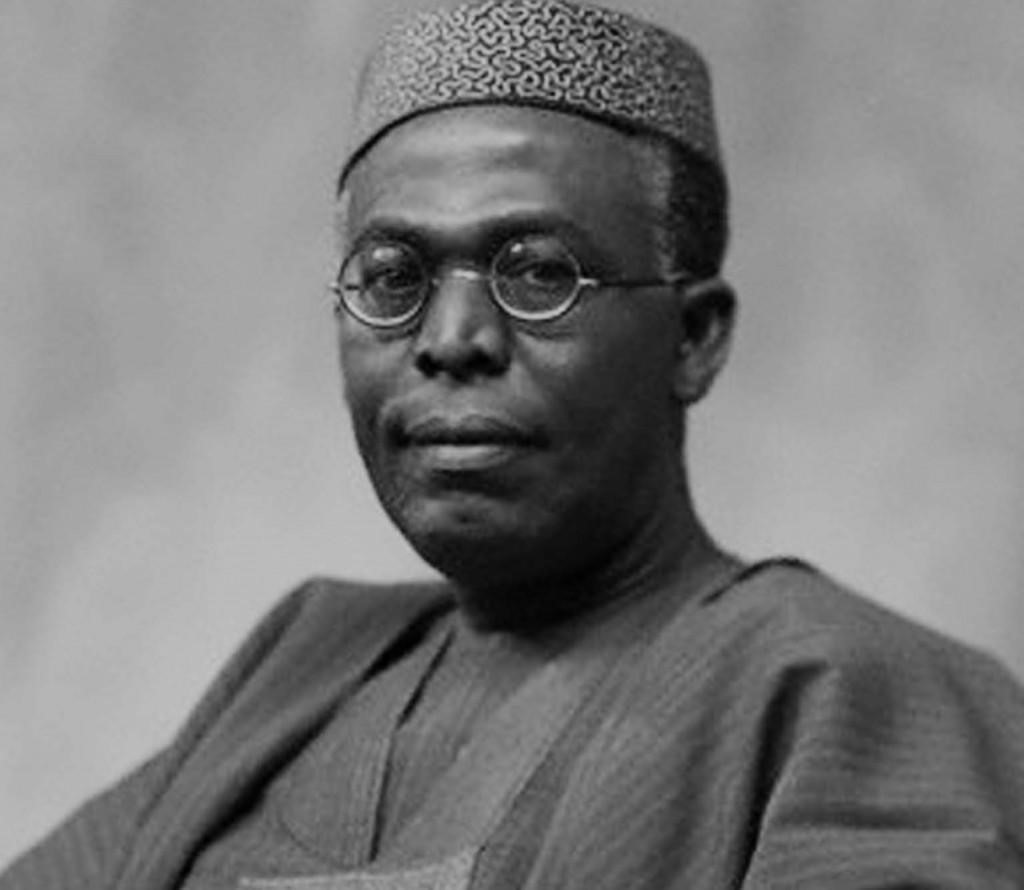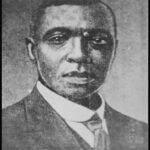AWOLOWO, JEREMIAH OBAFEMI
- 3 Min Read
Jeremiah Obafemi Awolowo (1909-1987) was a Nigerian nationalist and statesman who played a key role in the Nigerian Independence movement. A strong and influential advocate of nationalism and a great thinker.

PHOTO CAPTION: Jeremiah Obafemi Awolowo. SOURCE: Peoples Daily.
Obafemi Awolowo was born in Ikenné, Western State, Nigeria, on March 6, 1909. He received his early education in the mission schools of Ikenné, Abeokuta, and Ibadan. During these times he often engaged in menial and odd jobs to raise funds for his education. After so many hassles and struggles, he was able to further his education at the University of London where he got a bachelor degree in Commerce in the year 1944.
His greatest ambition, however, was to study law, which he undertook in London from 1944 to 1946. He returned to Nigeria and set up a thriving law firm and worked there as a barrister in Ibadan.
In 1950, Awolowo founded and organised the Action Group political party in Western Nigeria to participate in the Western Regional elections of 1951. The Action Group’s platform called for immediate termination of British rule in Nigeria and for development of various public welfare programmes, including universal primary education, increase of health services in rural areas, diversification of the Western Regional economy, and democratisation of local governments.
The Action Group won a majority, and in 1952 Awolowo as President of the Action Group became leader of the party in power in Western Nigeria. In 1954, he became the first premier of the Western Region, on which occasion he was awarded an honorary chieftaincy. During his tenure as leader and premier, he held the regional ministerial portfolios of local government, finance, and economic planning. He was also chairman of the Regional Economic Planning Commission.
In 1963, Awolowo was found guilty of a conspiracy to overthrow the government and was thereafter sentenced to 10 years imprisonment. In 1966, a coup d’etat led to the suspension of the Nigerian Federal constitution and the imposition of a military government. Thus, leading to the release of Awolowo from prison. The following year, he was invited to join the Federal Military Government as Federal Commissioner of Finance and as Vice Chairman of the Federal Executive Council.
Awolowo continued to serve the government as commissioner of finance and vice chairman of the Federal Executive Council throughout the years of Nigeria’s civil war with Biafra (1967-1970). He resigned in 1971 to protest the government’s continuation of military rule, and in 1975, following the overthrow of the Gowon government, issued a press release questioning the country’s military spending.
In 1979 and 1983 respectively he ran for the post of President on the platform of the Unity Party of Nigeria (UPN) but lost to Shehu Shagari. Awolowo returned to private life upon the overthrow of the Shagari’s government in December 1983. He died in Ikenne, his hometown in 1987. Since 1999, a portrait of Chief Obafemi Awolowo appears on Nigeria’s 100 naira note.
EA Editors.



